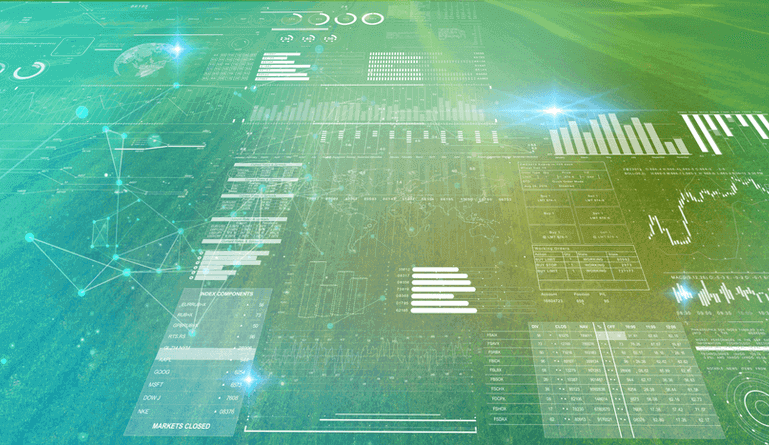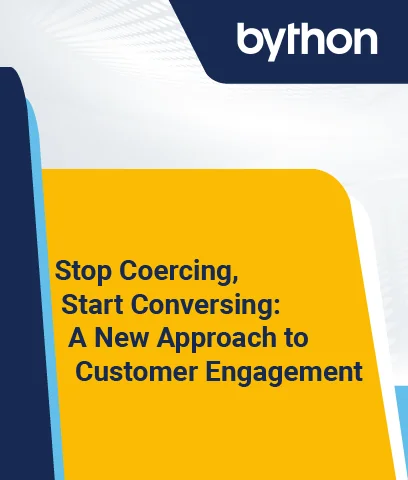What is cognitive analytics?
Along with the question of what is cognitive analytics, there is another question that everyone tries to get an answer to what are intelligent technologies? The moment the world saw the onset of artificial intelligence, everyone in the technology space knew that this was just the beginning and there was more to come. And that is precisely what transpired when we saw the advent of cognitive analytics.
It is a technology that was developed primarily to bring all sources of data to an analytic processor platform. The beauty of cognitive analytics is that it takes into consideration all types of data with its full context. Let us dig deeper into the various elements of cognitive analytics, starting from the fundamentals.
Fundamentals of cognitive analytics
Cognitive is a set of mental processes that are performed by the brain and analytics is nothing but a computerized analysis of the data. Since cognition is related to the human mind, it is nothing but the usage of human-like intelligence as its foundation. This is combined with artificial intelligence, machine learning, semantics, and deep learning to compute different types of data.
One of the most pertinent problems that organizations face globally is to make meaning out of the data, which is usually unstructured and scattered across the globe. Since it is practically impossible for a human brain to compute such a vast volume of data, which is why we have cognitive computing. By using cognitive computing, enterprises can leverage multiple tools and applications to make contextual inferences of their data and come up with analytics-driven information from this huge quantum of data.
All these inferences bring us to data analytics, and this also incorporates descriptive analytics. Today, we know that both Prescriptive Analytics and Predictive Analytics are decade-old technology. Thanks to these technologies, today we see many intelligent technologies gaining a strong foothold. To help these modern technologies like cognitive analytics to realize their importance, there was a major contribution from the Artificial Intelligence Conference that was held at Dartmouth College in the year 1956.
As per IDG’s article title, “Big Data and Analytics: Insights into initiatives and strategies driving data investments, 2015”, it was observed that organizations using data-enabled projects were depending a lot on sources of unstructured data such as emails, transactional data, customer databases, documents prepared in MS Word, and other such worksheets. Additionally, open-source data such as social media posts, census data along with patent information, would be added to the source of unstructured data. Hence, it was inevitable to use intelligent technologies such as cognitive analytics.
Since the cost of having these unstructured data unattended is very high, today we are seeing many cost-effective tools and applications that leverage cognitive analytics technology, which is within the budget of many businesses.
What are the benefits of having cognitive analytics?
At its core, it propels a technology to enable and enhance customer engagement and as a result, increase the growth of the business. Here are some of the most important benefits.
Customer Engagement
When it comes to customer engagement there are three areas that cognitive computing that is beneficial
- Improved customer service
- Delivering personalized experience
- Ensuring quicker response to customer requirements
Productivity
From a productivity standpoint, the following are the four areas where it is beneficial
- Improved decision making and better planning
- Significant reduction in costs
- Enhanced experience in learning
- Better security and governance
Business Growth
Cognitive analytics also helps in business growth by enabling:
- Business expansion in new markets
- New product and services launch
How does cognitive analytics work?
Till now we covered what is it and we also took a sneak-peek at the evolution of this technology, along with some highlights on benefits. Now, we shall look into the working of cognitive analytics and its operations. It follows a certain progressive methodology as indicated in the Quick Guide to Cognitive Analytics Tools and Architecture from Xenonstack Insights.
- It does an extensive search across the entire universe of data, or what we call the “knowledge base” to finally navigate to the real-time data.
- Then it assimilates the real-time data and then makes it available for future decision making and business intelligence, in the form of images audio, texts, and videos, which is compatible with advanced analytics tools
- It functions just like the human brain as it forms patterns and insights from the set of data and then uses it for future purpose
- These processes involve a combination of multiple elements such as artificial intelligence, machine learning, deep learning, semantics, and neural networks.
Rita Sallam, vice president of research at Gartner has stated that organizations who want to make a significant difference to their growth and make informed decisions, should harness the power of cognitive analytics. Enterprises who are early adopters of this technology can have an upper hand over their competitors, indicated Sallam.
For businesses to have a focus on the overall business value, it is important to gain a comprehensive insight into the various patterns.
(Download Whitepaper: 7 Keys to Creating a Cognitive Enterprise with AI)
Why was cognitive analytics adopted?
A primary reason for the adoption of cognitive analytics was the challenges faced by large enterprises when it came to creating an algorithm. Since the requirement was to go through a large volume of data by doing an extensive search, it was mandatory to have a customized methodology to perform this task. Thus, machine learning and cognitive analytics joined hands to make it very effective and resourceful for enterprises. There were two major impacts that were observed because of the implementation of cognitive analytics
- The speed of search increased tremendously making it very easy for users to search files and information
- There was considerable improvement in the functioning of the overall network and other applications that were part of it.
Use case scenarios of cognitive analytics
Since the article has covered pretty much every length and breadth of cognitive analytics, it is also important to know some of the examples of usage of cognitive analytics.
Banking
Banks and financial institutions use cognitive analytics to enhance customer experience, improve operational efficiency thereby helping in generating more revenue. Cognitive analytics can revolutionize the banking sector in three major ways
- Gain better analytical insights
- Stronger and deeper engagement on a contextual basis
- Overall digital transformation of an organization
Healthcare
We can see multiple use cases of cognitive analytics in a healthcare enterprise. One of the most significant usages for medical professionals in the healthcare segment is to improve patient treatment, which results in improved patient outcomes and also helps in enhancing the efficiency of the medical staff.
Retail
Using cognitive analytics, marketers can gather a lot of customer data, which is around their buying pattern. This helps retailers to improve their store efficiency and have better decision-making. Cognitive analytics can also be integrated with e-commerce applications to extract information about customers, their buying cycle, different types of products that they buy, and so on.






